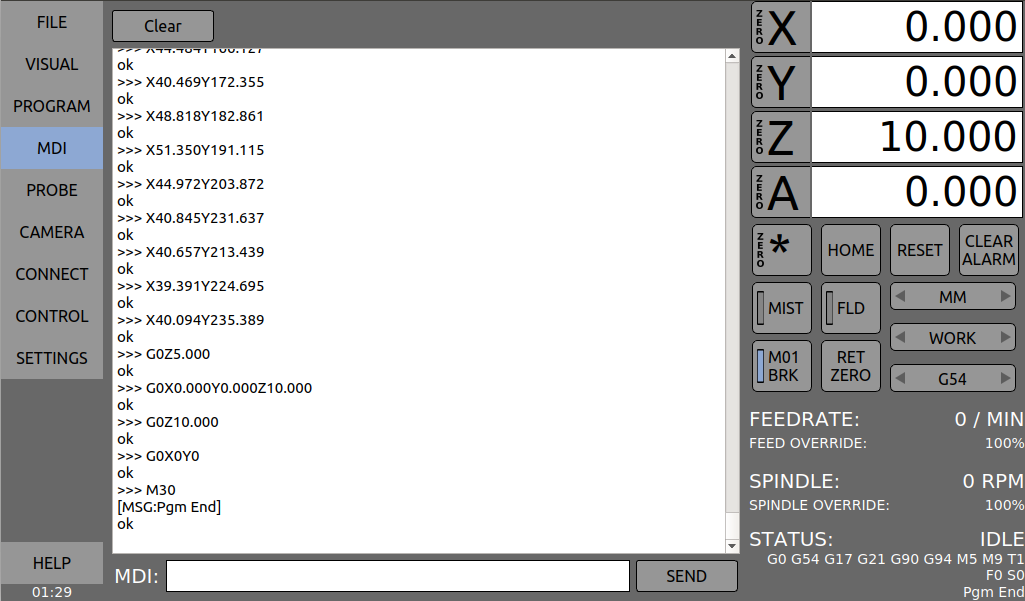

> You should get a green message "Machine connected" in the log area, followed by a green line with the detected firmware. Check that the baud rate is set to 115200.Choose the correct serial port in the "USB / Serial Port" dropdown (ex.Set the "Machine Connection" dropdown to USB.> You should see a green message "Server connected" in the log area at bottom right. Change Server-IP to `Raspi-IP:8000` (replace Raspi-IP with the IP of your Raspi).Open URL `Raspi-IP:8000` (replace Raspi-IP with the IP of your Raspi).Open Chrome Browser (or Chromium) on any PC in your network (not on a Raspi!).Connect your machine to one of the Raspi USB ports.Insead of installing the frontend, your can alternatively just use a web browser (preferably chrome) to call the server integrated frontend. Connect your machine to one of the USB portsĬhange Server-IP to `RasPi-IP:8000` (replace RasPi-IP with the IP of your RasPi) This way you get the lastest frontend version. Install the LaserWeb4 executable on your Windows, OSX or Linux PC.

(The logs will get added to /var/log/syslog) Install the frontend You can stop the server with sudo systemctl stop lw.comm-server You can restart the server with sudo systemctl restart lw.comm-server You can check the status of the server with sudo systemctl status lw.comm-server # Reload the service files so the system knows about this new one Sudo ln -s `pwd`/lw.rvice /etc/systemd/system Setup Systemd to automatically start the LaserWeb server # Move to the directory with the.

Now that you know it's working, you can setup the autostart of the service. Regularly, to know about updates and fixes, and then when ready You should get the following console response: > start C:\Users\cprez\git\LaserWeb\lw.comm-server Manually start the server cd /home/pi/lw.comm-server Sudo npm install serialport -unsafe-perm -build-from-source Install Node 12.x curl -sL | sudo -E bash -Ĭonfirm you have the correct NPM version (should be >=6.14.15) npm -vĬonfirm you have the correct NodeJS version (should be >= 12.22.5) node -vĭownload and install LaserWeb server cd /home/pi Start from a clean Raspbian Jessie image, on a Raspberry Pi 2 or 3. The LaserWeb4 frontend is very feature-rich and quite heavy and will not run smoothly on the Rasbian Desktop, but you can run the server part on a Raspberry Pi and connect from a PC on the network.


 0 kommentar(er)
0 kommentar(er)
